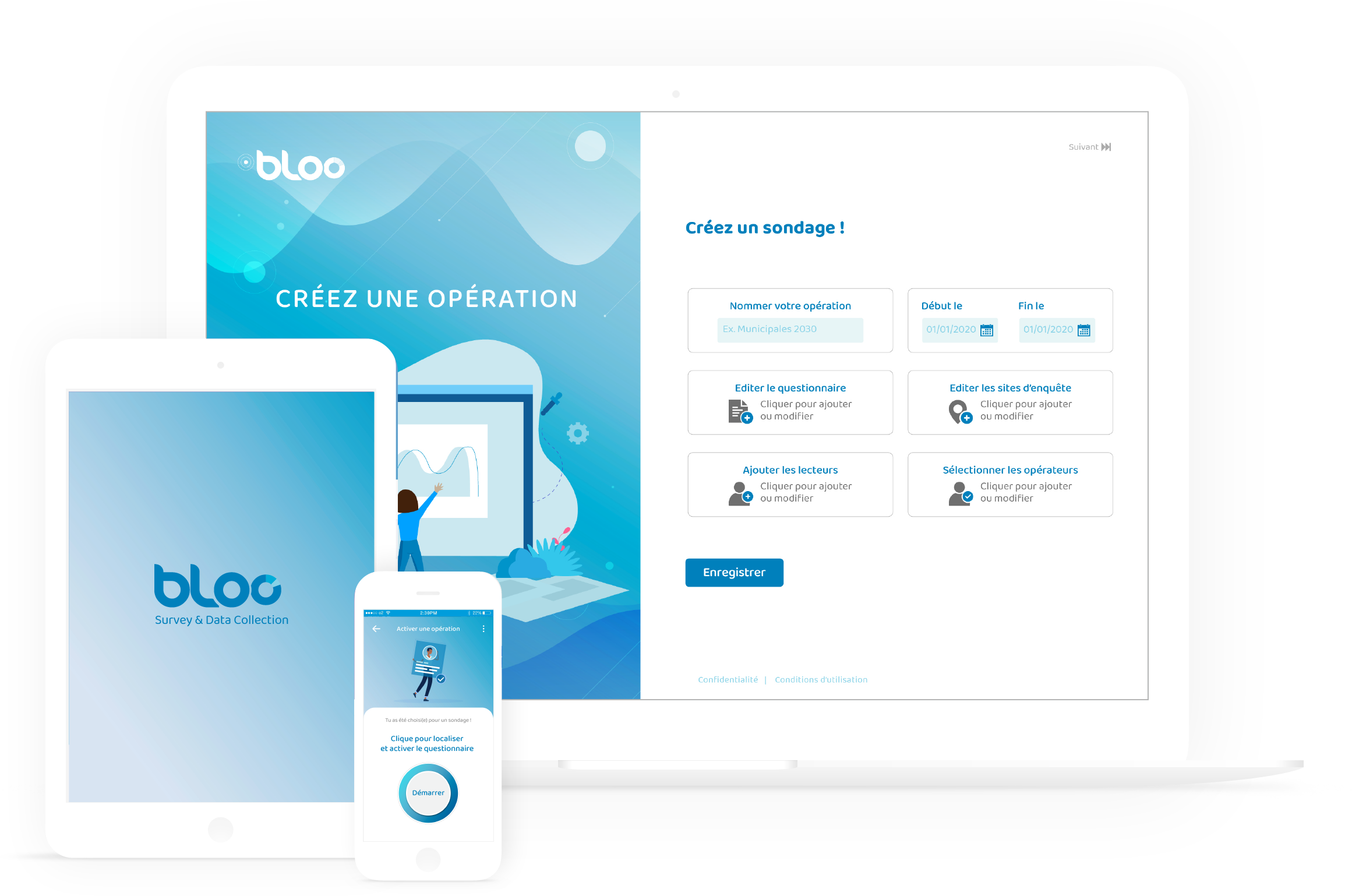
Understanding your customers better with focus groups
Focus group: obtaining information from your company's customers
When it comes to finding out what your customers want and need, focus groups are one of the most effective ways of obtaining relevant and useful information. Focus groups are discussion groups that bring together a small group of people to discuss a product or service.
These groups are usually facilitated by a moderator who asks questions and collects feedback. In this article we will look at the importance of focus groups for your business and how they can help you to understand your customers better.

Why are focus groups important for your business?
Focus groups are important for your business for several reasons. They help you to understand the needs, expectations and preferences of your customers. They also allow you to discover the problems and challenges your customers face with your products or services.
The information gained from focus groups can help you to improve the quality of your products or services. Customer feedback also helps you to understand how your products or services are perceived in the market.
How to plan your focus group?
When planning a focus group, it is important to define your objectives. You may have different objectives depending on the nature of your business and the service you offer. You can set yourself the following objectives
– To understand your customers’ expectations.
– Identify the necessary improvements to your products or services.
– Detect gaps in your offering.
Once you have defined your objectives, it is time to select a representative group of customers. This group should represent the diversity of your company’s customers in terms of age, gender, education and income. You can recruit these participants using an online questionnaire to assess their relevance.
How to facilitate a focus group?
A focus group is facilitated by a moderator who asks questions and encourages the active participation of participants. The moderator must ensure that each participant expresses himself/herself freely and that the exchanges remain courteous.
The use of audio-visual tools can be used to facilitate the exchanges and allow a clearer visualization of the comments.
The main objective of a focus group is to gather qualitative information on the participants’ comments. The data obtained will allow analysis of consumer attitudes, perceptions and behavior. The feedback can also be used to identify the strengths and weaknesses of your business.
How to analyze the information obtained from the discussion?
Once the participants’ comments have been collected, it is time to analyze them to obtain relevant conclusions. The first step is to sort the comments according to the topics discussed. This step allows similar comments to be grouped together to find trends and recurring themes.
Next, it is time to examine the comments in depth to understand the underlying reasons and motives for the comments. This involves answering questions such as:
– Why did the participants mention such a problem?
– What are the reasons for their preferences?
– What are the patterns that can be observed?
Finally, it is important to synthesize all the information to create a comprehensive report that presents the results clearly and concisely.
This report will contain
– The most important conclusions of the focus groups,
– Recommendations for improving your company’s products or services
– And ideas for new offerings.
In summary, focus groups are an effective way of obtaining valuable information from your customers. The information obtained can help your company to improve and better meet your customers’ needs. To learn more about planning and conducting focus groups, do not hesitate to call on professionals who will guide you through the process.
In conclusion, focus groups are a powerful tool for obtaining end-to-end feedback from your customers. They allow you to detect the frustrations, needs and expectations of your target market, so that you can adapt your products or services accordingly. In addition, focus groups can help you improve your company’s strategic and marketing decisions.
NB: By combining careful planning of groups with professional facilitation and rigorous analysis of feedback, you can make the most of all the information contained in focus groups.
Don’t hesitate to call on professionals to organize your focus groups or to guide you through the process. Bloo Digital’s digital solutions are perfectly suited for this. It is also advisable to conduct focus groups on a regular basis in order to adapt to the constantly changing needs of your customers and to keep up with the competition.




Leave a Reply